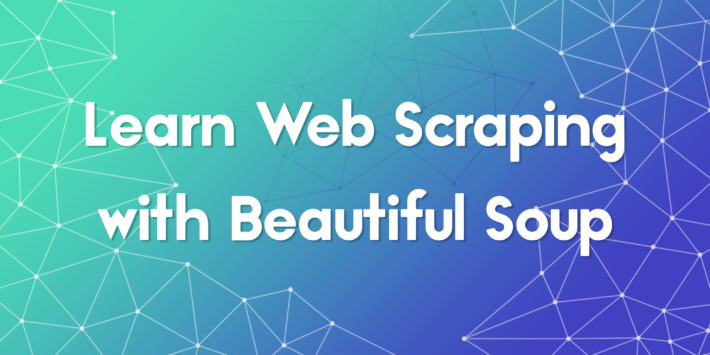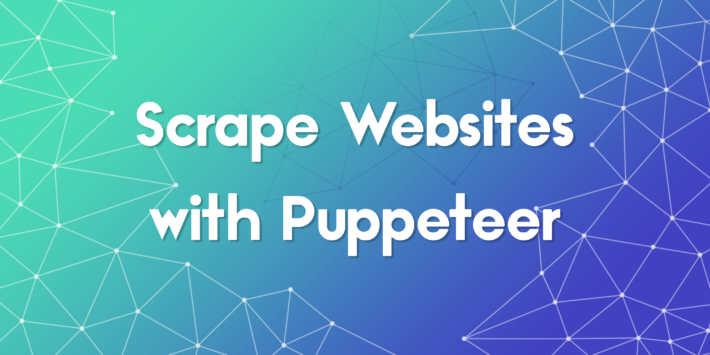Choosing the Right Language for Web Scraping in 2025

The world of data is expanding, and the ability to gather publicly accessible information is more crucial than ever for businesses. Whether you’re monitoring brand reputation, comparing prices, testing links, or analyzing competitors, data is the key. While manual data collection is a challenge, automated web scraping offers a powerful solution. But where do you start? One of the first steps is choosing the right programming language.
What are the Benefits of a Well-Chosen Programming Language for Web Scraping?
Selecting the best language for your scraping needs can significantly impact the overall efficiency of your projects. Here are some potential benefits:
- Ease of coding: Some languages offer more straightforward syntax and extensive libraries, which makes development quicker and less prone to errors.
- Increased flexibility: Different languages offer different tools, allowing for more versatility in the type of projects and websites you can scrape.
- Database integration: A strong language with good database support can streamline the process of storing and using scraped data.
- Effective crawling: Certain languages and frameworks are better suited for traversing and collecting data from complex websites.
- Scalability: A good choice will be able to handle an increase of data or changes in your infrastructure with minimum code adjustment.
- Maintainability: Good structured code ensures the long-term health of your project.
Popular Languages and Platforms for Web Scraping in 2025
Here are some of the most popular languages for web scraping:
- Python: Known for its simplicity and readability, Python is a versatile language for handling web scraping. It provides access to powerful libraries like BeautifulSoup and Scrapy. These tools make tasks such as parsing HTML and managing web requests simpler. It’s perfect for a variety of use cases, although, for very large enterprise projects, consider utilizing tools that provide comprehensive, end-to-end solutions for all requirements.
- Node.js: This JavaScript-based platform allows you to scrape the web dynamically, offering non-blocking I/O and efficiency, ideal for projects needing flexibility. Although Node.js excels in streaming and API implementations, it can be problematic for enterprise projects requiring robust data-layer support. Its strength is in projects with socket based and lightweight data processing.
- Ruby: As an easy-to-implement open-source option, Ruby offers several extensions that clean broken code, and managers make the process of scraper setup simple. It’s ideal if you need reliability and ease of use in a programming language.
- C#: C# is an object-oriented, general-purpose language, which also runs automatic memory management and features like ScrapySharp, Puppeteer Sharp, and HTML Agility Pack. C# can handle enterprise level scraping operations with relative ease.
- PHP: A prevalent choice for backend development, PHP allows for a number of tools like Goutte, Guzzle, and Buzz that can help with web crawling. While powerful, its limitations are its weak support for multi-threading, making it more suited for certain applications like web scraping websites like academic literature repositories. However, its web development is a bonus for general cases.
How to Choose the Right Language?
If you’re already comfortable with one or several programming languages, you’re halfway there. But, if not, and you’re starting out for the first time, make your choices according to project requirements. It’s also crucial that you do not start from scratch and use the third-party tools and solutions that are available out there to simplify your work.
Nail Web Scraping
With your language picked, now it’s important to know of additional steps for making your projects effective.
One of the key steps is utilizing proxies alongside the selected programming language. When a target site detects high traffic from your IP, it can get blocked. ProxyTee offers unlimited residential proxies with over 20 million IP addresses across more than 100 countries. By using ProxyTee’s rotating residential proxies, you can avoid detection and bypass geographic restrictions. Our proxies provide multiple protocols support (HTTP and SOCKS5), and auto-rotation features that make them an excellent choice for web scraping activities.
Besides proxies, it’s important to stay updated on the best practices to avoid the issues of web scraping and ensure that you collect data efficiently and ethically.


